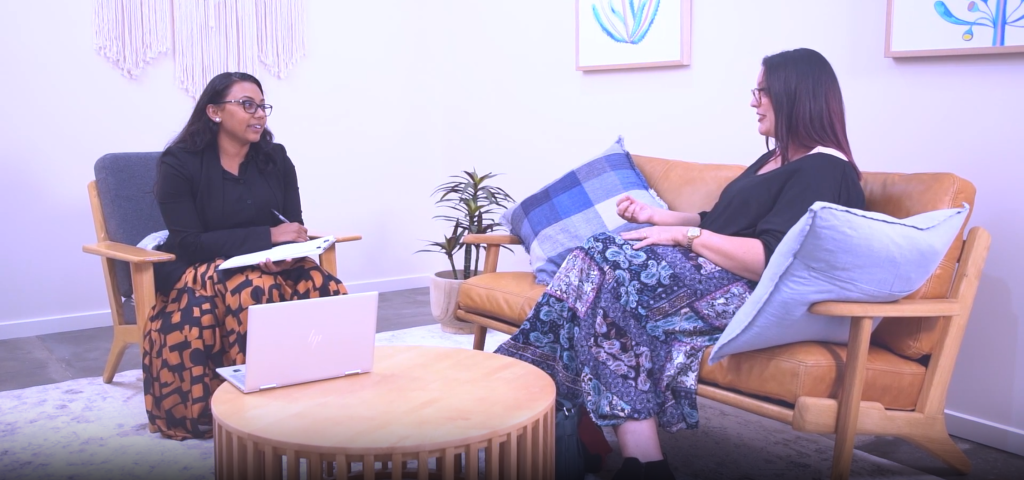Psychologists ‘vital’ to alleviating eczema mental burden.
The first-of-its-kind program for psychologists detailing the mental health burden of eczema, and how psychologists can support individuals and families with eczema, is now available.
The Eczema and Mental Health – How Psychologists Can Help one-hour online program has been developed for psychologists by Eczema Support Australia with support from Brisbane-based psychologists, Axis Clinic.
Psychologists can also refer individuals with eczema and mental health challenges to a second program, Eczema Empowerment: Building Self-Esteem & Mental Wellbeing, which is aimed at equipping individuals impacted by eczema with healthy coping strategies.
Eczema Support Australia’s Managing Director, Melanie Funk, who set up the organisation following her own experience dealing with her newborn twins’ severe eczema, said that addressing the psychological burden caused by eczema was “as important as dealing with the physical condition”.
“We would like to see more psychological support available for those dealing with eczema. Many individuals struggle with sleep deprivation for months on end due to night-time itching, as well as coping with low self- esteem, the inability to work, social isolation, depression and suicidal thoughts.
“We are hopeful that both programs will make a huge difference to Australians with eczema, by giving psychologists a deep understanding of the mental battles that many with eczema face – and equipping those impacted by eczema with psychological coping strategies,” she said.
The one hour online educational course for psychologists consists of an engaging mixture of video footage, interviews and quiz questions. Psychologists who complete the online course are invited to join the Eczema Support Australia’s contact list of Eczema Aware Psychologists.
Brisbane-based provisional psychologist, Krishneeta Kashyap, who worked with Eczema Support Australia on the program for psychologists, said that there was a vicious cycle between mental health and eczema – with stress and anxiety triggering eczema, while eczema in turn caused and worsened anxiety and stress.
“The inter-relationship between eczema and mental health makes it essential that the impact of eczema on mental health is addressed, alongside the medical management of eczema.
Psychological coping strategies such as relaxation, stress management, mindfulness, habit reversal or distraction, can be effective at disrupting the itch‐scratch cycle and relieving the eczema,” Ms Kashyap said.
 Axis Clinic provisional psychologist, Raquel Walker, who was filmed for the Eczema Empowerment: Building Self-Esteem & Mental Wellbeing program, guides those impacted with eczema through psychological coping strategies, including cognitive behaviour therapy, mindfulness, acceptance and gratitude journalling.
Axis Clinic provisional psychologist, Raquel Walker, who was filmed for the Eczema Empowerment: Building Self-Esteem & Mental Wellbeing program, guides those impacted with eczema through psychological coping strategies, including cognitive behaviour therapy, mindfulness, acceptance and gratitude journalling.
Ms Funk acknowledged the work of psychologists around the country who provide counselling and support to those with eczema-related depression or suicidal thoughts and encouraged psychologists to undertake the psychologist program and spread the word about the empowerment program.
“Psychological strategies are not only vital to avert suicide attempts, but can make a dramatic difference to how individuals cope with eczema on a day-to-day basis. We warmly welcome the support of the psychology community for these online programs, and would like to work with you to improve the lives of Australians with eczema,” she said.
Eczema Support Australia has been at the forefront of raising awareness of the psychological impact of eczema for many years, including running a national ‘SOS’ campaign to highlight that eczema is more than just a skin condition. The organisation has also advocated for a National Eczema Strategy. For more information, please visit Eczema Support Australia: https://www.eczemasupport.org.au/
Contact: Melanie Funk, Eczema Support Australia 0400 108 153